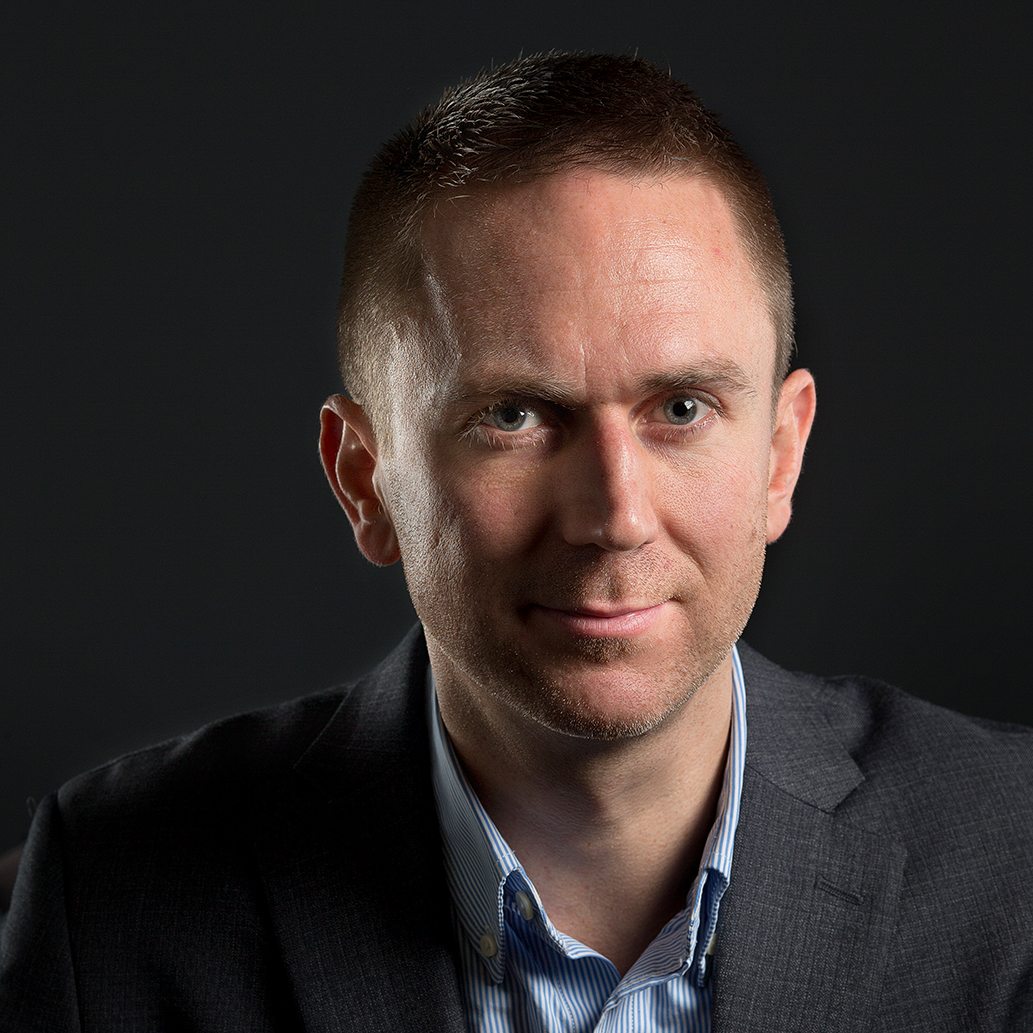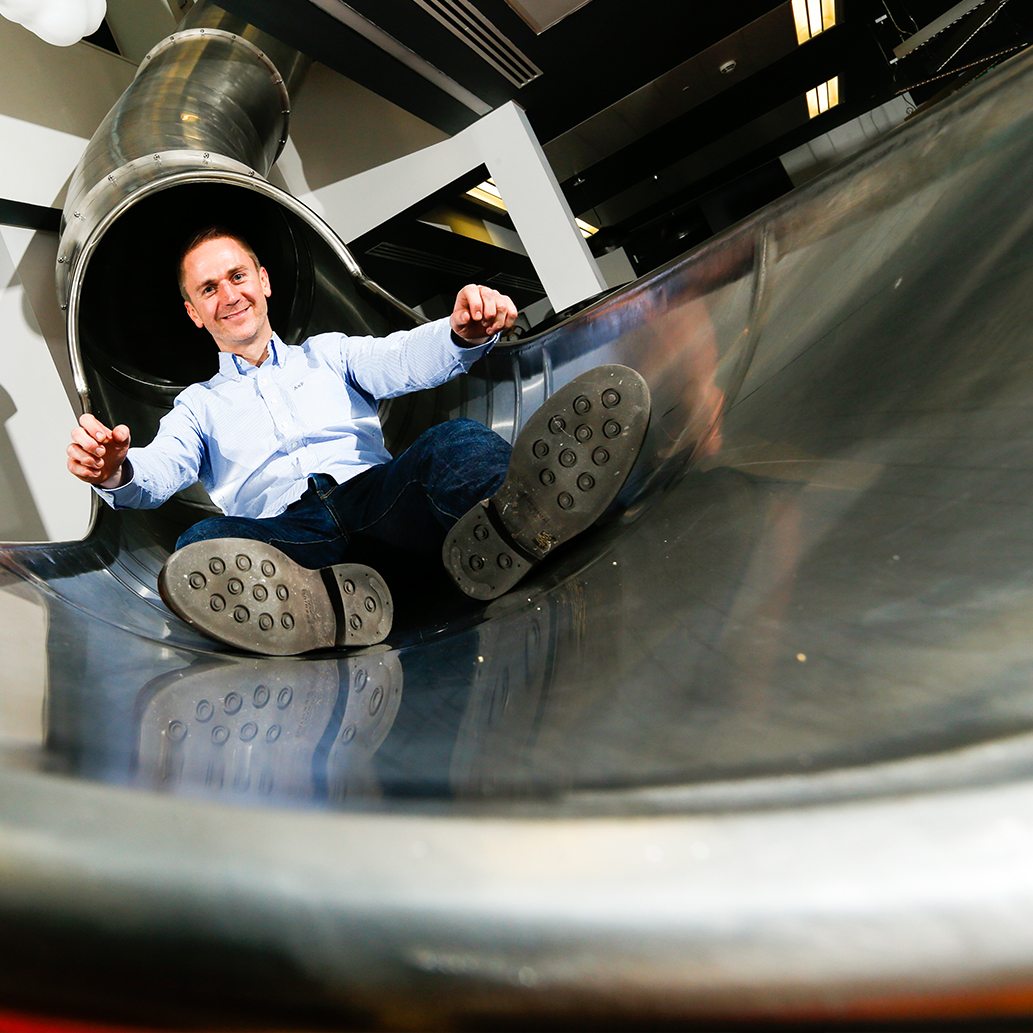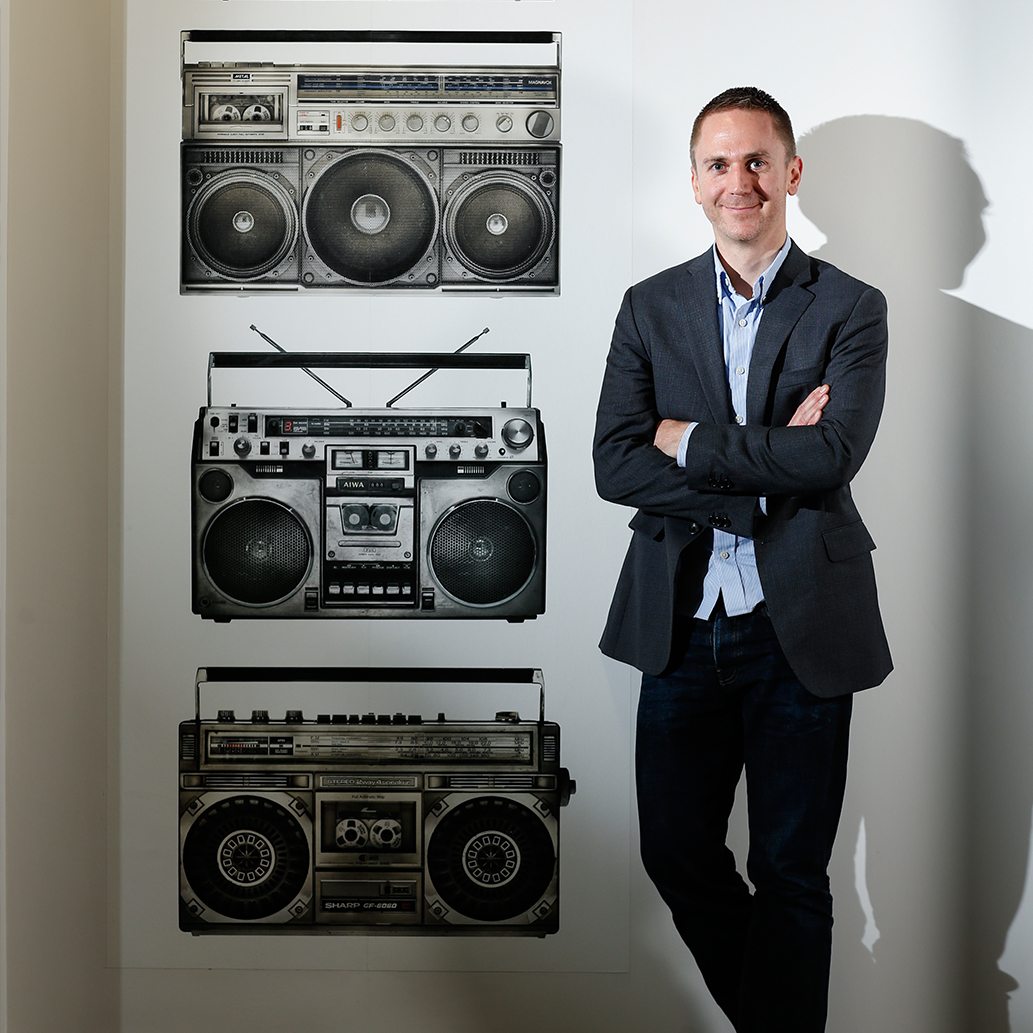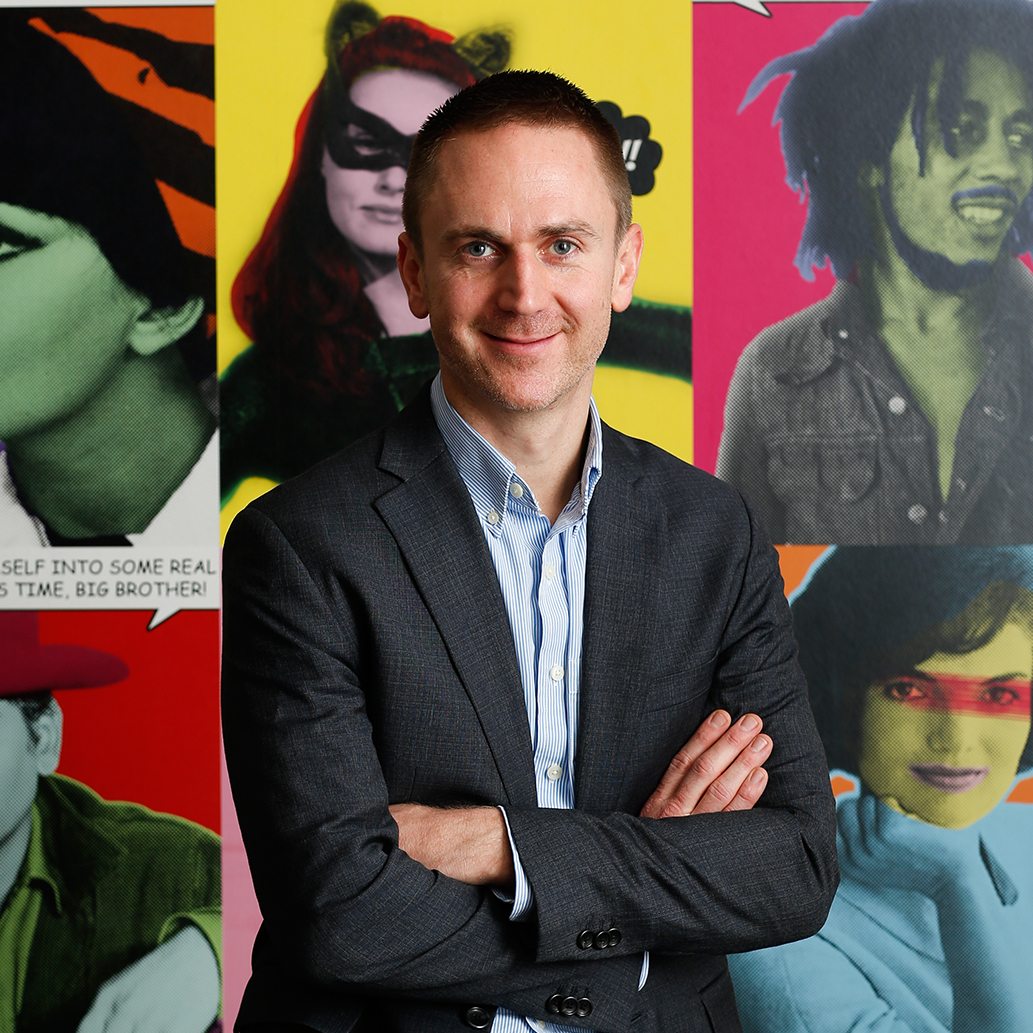Brian, tell us about your early career and why you decided on HR?
I wish I could say it was a calling, but it wasn’t. I was studying business in London and in my second year, I had to make a choice of which subject to major in, and I looked at the pathways, one being human resources. To be frank, I really didn’t know anything about HR, but being curious by nature, and the fact that the subject had a really low uptake, I went for it. I started my studies and quickly realised that I had come into contact with HR during my teenage years, working in a supermarket, and I was surprised at how I really connected with it and felt totally engaged and fascinated from point one. You know, it’s a fairly simple deal, it’s about people, and I like people, and I’m curious about what makes them tick. I was very lucky to get an industrial placement Woolwich Building Society head office and this was a great launch pad for an HR career, because it was opening me up to such a wide range of business disciplines from recruitment to finance, and this experience was very grounding. Then I got a job in HR at World Market Research Centre a dot com company, a research agency, and I was able to work part-time whilst I completed my degree. It was perfect timing as the business was in the process of building the HR function, so this was a gift, and I got a wide variety of experiences, working on the broad scale and at a micro level. I jumped at the chance at having a go at everything and got totally embroiled in the project and I just knew this was the career path I wanted to take.
I then spotted an opportunity to move to Carlton Productions, and this was working with the production teams, a totally different environment to anything I’d experienced in the past. Television is quite unique, even in media circles, and production people are very different, they can’t conform and they don’t like any rules, let alone abide by any, and everything is driven by personality. I remember thinking, this is going to be challenging, but again I instantly knew that this was the sector I wanted to be in, all hectic schedules and creative mayhem. I moved into an HR advisory role and thought, what in my past experiences, can I apply to this? And I learnt very quickly that although HR is what it is, no matter where you operate, the way you convey the messages has to be tailored to the audience, and this was an environment where delivering information beyond that which was associated with putting television programmes together, was extremely challenging. I think my major learning was that if you allow yourself to get trampled over, you will fail very quickly. I was determined that HR was going to get its platform and would be heard, and that required complete confidence and determination. That’s where I really crafted my art, and learnt that if you make an impact, you win people’s confidences, and the rest is about momentum and consistency.

That takes a lot of bottle, and HR is easy to deride and to ridicule, if it lets itself, particularly in that sort of environment.
Quite simply, HR is all about people, there’s not a single department in any organisation on the planet that doesn’t have people in it – only an idiot would fail to see that HR is wholly relevant. But that doesn’t make HR immune from criticism, and I think that’s where some practitioners come short. HR needs to be nosy and curious, and be seen to have its foot in every part of the business, it needs to have a strong presence and a long shadow and it needs to be revered. The only way to achieve that is to get results and deliver on message, and keep thinking and innovating, and be determined to play lots of roles across the organisation. For me that’s the bit that appeals. I love the idea of that.
I take your point that HR has caused itself an image crisis, but that’s down to practitioners, not HR itself. Unquestionably, there have been examples of bad HR over the years and its reputation has been tarnished, but there are many more examples where excellent HR has revolutionised organisations and the way they operate, and made a real difference for countless individuals. But that doesn’t make good copy does it? Each role I’ve taken has been a new opportunity, to make positive gains. HR, as distinct to any other function, has a unique factor, insomuch as every person is a stake holder and everyone gets the right to vote on HR. Going back to when I worked at Asda, as a teenager, I learnt how to deal with everything that people didn’t like to do, like customer complaints. Ignoring or avoiding dealing with disgruntled customers is missing out on the best, most telling feedback that money cannot buy, and do you know, I’ve never stopped thinking like that.

It must have been a difficult decision to leave Carlton, how did your next move come about?
Someone told me about a senior HR role at Clear Channel Entertainment a Company which at the time comprised of theatre venues, music and sports agency and whilst honestly, the Entertainment piece was of interest I was perhaps more driven by the fact that the job would take me outside the office environment and into Venue Operations. I moved thinking I might as well give it a go and see if it suited me, and never looked back afterwards. The Theatres were unionised and therefore this was a very ER focussed role which gave me a great insight into the skill of trying to negotiate outcomes that work for all parties. From that experience, I moved again to working with the Music venues and this was really my first step into the music industry. It was initially a big change from theatre, and its opulence and luxury with patrons, to focus on ‘fans’ getting stuck into a great night out with groups of friends and a few (or more) beers to accompany that. Despite the obvious differences in the type of product, the management of the talent that makes it all happen wasn’t too different, which gave me a solid foundation to establish an HR function within that area of the business. For me it’s about having well trained managers who respect their staff, point people in the right direction and create an environment that people can constantly evolve in, and at Live Nation Entertainment we do this every day, it is part of what makes us who we are.
Finally, I moved into my head office role when I became HR director of Music and Theatre. Things were settled for a short while, then along came the sale of the Theatres and our merger with Ticketmaster which was a monumental shift. I had to learn about technology and about a business which is more structured than its Music counterpart, by nature of what it does. For Ticketmaster there is a clear five year plan which documents the company’s commitment to investing in its technology to continue to be the best place for fans to get access to the best tickets. This is a different business to the Concert which tends to be more event-driven and operationally focussed. For Music the plan is to keep growing the business and get more fans into more gigs, and you can’t always know who the next big artists will be, but there are clear synergies between what Ticketmaster does and what Live Nation does, around e-commerce, understanding our fans, great data for our clients and making the whole event experience a really positive one, from booking through to talking about it for many years afterwards with friends. This change was very good for me as it gave me the opportunity to get more into the future planning of the Ticketmaster business and how HR can play its role in making sure we have the best talent in place delivering great products to all our fans. If there is anything I could change about my career so far it’s that I wish I had operated on the line, and in hindsight, the job in Venues gave me the chance, to get closer to the operation of the business which absolutely improves the overall quality of what HR can contribute to the business.

Mergers are always a challenge, how did this one go?
Well the logic in the merger was obvious, and that’s always a good place to start in an M&A of course. In its most simple form, Ticketmaster is about knowing our fans and getting them into events and Live Nation is about putting those amazing events on. So a merged company enabled an integrated solution from the very beginning of knowing who wants to see what, marketing and selling the tickets and putting on the shows, in some cases, in one of our own venues. That’s two very separate businesses, but with great business synergy. Pre-merger Live Nation was (and still is) a client to Ticketmaster, but they were two completely different worlds, people and culture wise. The opportunity was huge, the potential massive and the challenge of a successful merger gave HR a really important role to play in creating the world’s best Entertainment Company. You only had to look at the vision of such a potential to get the momentum going. HR was pivotal to this and here was a chance to take all the good stuff from both businesses and apply them throughout the new business. Despite some obvious cultural and operational differences, we were able to push the two businesses together with relative ease and come out with meaningful HR practice, a common culture at the end of it, and we have this amazing end product.
Don’t get me wrong, you can’t stand back and admire your handy work, this business will and has to keep evolving and you have to factor that in. I’m still learning every day. Example,from day one of the merger, we took on all the international businesses the day, and I was asked for reports of everybody that works for us – that was taken as a given! I just didn’t have that information to hand, and I was expected to deliver that there and then. So I had to move fast! My big concern was that, dealing with people across international borders in an urgent manner was going to cause problems and I was right, and that made the task of bedding in policies and procedures and HR that much harder. So I had to work hard and fast on setting up localised structures, so that we could get systems uniformed and applicable across the business, otherwise, as you can imagine, an international business that never sleeps, and deals with pending live events, cannot be disrupted for a heart-beat. For my part I stuck to what I know best, good practice administered with confidence and authority, but mindful of different cultures in a measured and manageable way. It was a fundamental shift, and it also changed my view that you cannot just bring in blanket changes across international borders and not expect to cause waves, so I have been working on ways of making them feel they want to be involved and integral to the business, and that they’re not having all control removed, and of course most of that is about how you engage and relate to people.
At what point did you realise that things were moving in the direction you wanted them to?
Every day things are changing, but there was a momentous point where it became clear that people understood and were buying into the common purpose. We made a programme called tmEDGE which is about models that apply everywhere in the world, so in Spain you should have the same experience as someone in France. At its core, it has components like commitments to having annual performance reports. Having a conversation about it annually and it promotes the understanding of great philosophy in performance. We also have a leadership programme for our executive team, and that programme to embed the culture of thinking globally and acting locally. We took all the execs through the programme, and then worked through coaching plans, to get the leaders to understand the impact they have on their people. We went through core planning creating stories and using excitement of the improvements and success that was coming through, as fuel to progress to the next stage, and we looked at rewards systems, targeting the sales people, for example, changing their perceptions and goals, initially using our management development as a solid foundation to achieve this big cultural shift.
What are the key components to achieving success in this sort of change management?
I think it’s confidence in your own abilities, and the power of good HR, and it’s having the belief, that if something is worth doing, it can be done… anything is possible. But I would say the obvious one is, you need great leadership, performance management and values. We have nine core values, and these are recognised internationally. You have to bring values to life; a piece of paper with nine words on it, won’t cut it. You need to demonstrate how it applies to people and what they do and how it can enrich the experience of being a part of a great organisation, which drives performance and a culture of self-responsibility, values are nothing unless they are lived every day.
You've achieved a great deal and a lot of it seems to come from great self-belief and the confidence to take risks. Leaps of faith can go wrong, do you ever worry about that?
I think maybe leap of faith is probably a bad way of describing it, but I feel the weight of the responsibility of the things I bring to the table. I’ve put my neck on the line, and if there is no improvement or it doesn’t work, I have to take a pragmatic view that not everything will work. I do have an intrinsic belief when something is the right thing to do. Unless you keep ahead of the curve in how you operate, the business will go into reverse. Ticketmaster has gone from selling bits of paper to get you into an event, to a truly incredible piece of technology, and it will keep on changing, a culture that embraces that is essential to optimising opportunity. If you operate flat-footed, accepting the status-quo, being complacent about your success today, who knows where you might be tomorrow. You only have to look at iconic brands such as Kodak or Nokia.
And here in your own new, purpose-built building, you have a slide down to the bar.
There’s a purpose for the slide, if you break people’s mindset, to have some play time, it releases the mind from the burdens, and I believe that’s where innovation happens. You can’t plan innovation, but you can create the conditions that let it thrive. In this building, we created space people can socialise and collaborate and we have a place called the Hub where people can have lunch together and talk about things off the agenda. People love it and that gives me the energy to continue with this sort of thinking.
Where do you think the business will be in the next few years?
So far our predictions have been accurate. We’ve had this insight into where the music business is going, and we’ve had the components to capitalise on this. But you can’t base your forward business plans on the successes of the past. Data will be the new currency, we have an entire team devoted to understanding our customers, and a dedicated team looking at our resale business. It comes down to having the best technology, and although you can’t always predict what will happen, you need the skills and talent poised to capitalise on it quickly and effectively. Then it’s the standards! Ticketmaster is a tried and trusted brand, and our service is exemplary, in an incredibly packed marketplace, so we must never take our eye of the customer. But as important as customer care and great service is, it’s the necessity to evolve, and we have a leader, Mark Yovich, President of Ticketmaster, International, who has that foresight of what’s coming five years down the line, and it’s my job to ensure we’re ready for it.
And when you're writing your autobiography in the future, how would you summarise this chapter in your career?
I have an immense sense of pride to play my part in creating such an amazing place for others to work, which is responsible for getting so many fans into our amazing events. I genuinely see it as helping make dreams come true and tell this to all our people all the time. The thing that really drives me is that the entertainment industry is so exciting and constantly shifting, but I know the people on the inside who really make it all happen. They are extraordinarily gifted and in my view put on events which can shape people lives, so many people can tell you when and where they saw their first/best gig, it can stay with you forever – me included! To have played even just a small part in making this happen is thrilling and this is also the way I position it with my team so they know just how valuable their contribution is. Ten years in and the magic just keep getting better, I consider myself to be surrounded by the real talent and my very own A-list of the industry.












